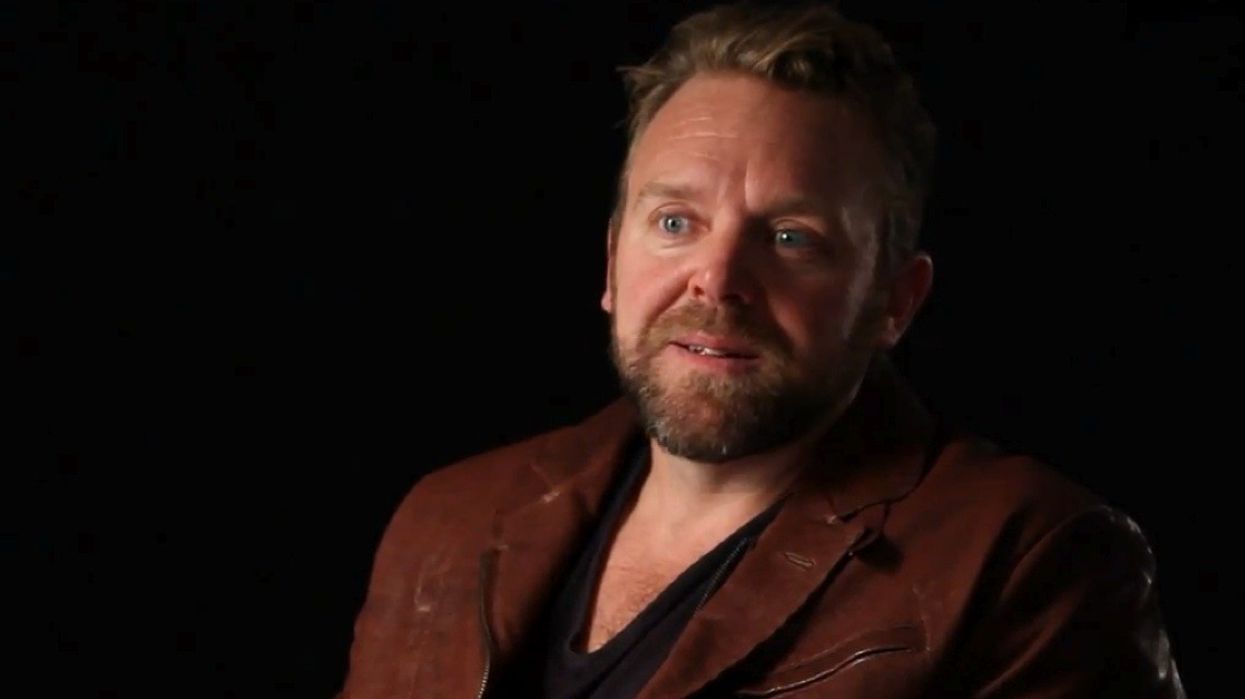Talking Scumbag Financiers and Fighting for Your Creative Vision with Director Joe Carnahan

A new web series called Hollywood Trenches from CineFix has been talking with director Joe Carnahan, and while we've already shared 2 videos from the conversation, the 7-part series has finally come to a close. In the refreshingly candid and honest interview, which features fellow director Jack Perez asking the questions, Carnahan talks about everything from creative control, to movie financing, and finally to his experience working on, and finally quitting, Mission Impossible III. Check out the videos embedded below.
Here is a description of the interview from the YouTube page:
In this 7-part series, acclaimed director Joe Carnahan (The Grey, Narc, Smokin' Aces, The A-Team) joins indie/cult-director Jack Perez (Some Guy Who Kills People, Mega Shark vs. Giant Octopus, La Cucaracha, The Big Empty) for a super candid and sometimes shocking in-depth discussion on the enormous challenges and obstacles faced by filmmakers in Hollywood.
From navigating temperamental actors, interfering producers, and scumbag would-be financiers to raising indie-money and fighting to get your vision on-screen, this series reveals what it takes to survive and succeed in the sometimes surreal and often infuriating movie business.
Part 1 -- Manipulation, Professionalism, and Doing It Yourself
Part 2 -- Awesome Movies That Never Got Made
Part 3 -- Superhero Movies and the Future of Hollywood
Part 4 -- 98% Hustle, 2% Filmmaking, and Creative Control
Part 5 -- Fight for Your Creative Vision
Part 6 -- Hollywood Scumbags
Part 7 -- Tom Cruise and the Lost Mission Impossible 3
Carnahan is a stand-up guy and it's great to hear someone who is genuinely passionate about the work be really honest about his career and the state of the industry. I think the most refreshing part is the fact that he admits he's not the most creative guy, but he's not going to let anyone outwork him. As with anything (not just filmmaking), putting in the hard work is part of what makes people rise to the top.
In a post written by Ain't Them Bodies Saints director David Lowery, a particularly insightful piece of advice is offered up courtesy of Steven Soderbergh: talent + perseverance = luck. There tends to be a fair amount of jealousy surrounding successful people in society, particularly those in the entertainment industry, but all of these people are linked by a common desire to succeed, and the ones who stay at the top are those who put the time in.
It's also not just about hard work, it's about learning how to listen to the people around you, and know that you're not always going to have every answer. As Carnahan says in the interview, "I don't have all the answers all the time, I just hope I have the right ones when I need them."
What do you guys think?
















